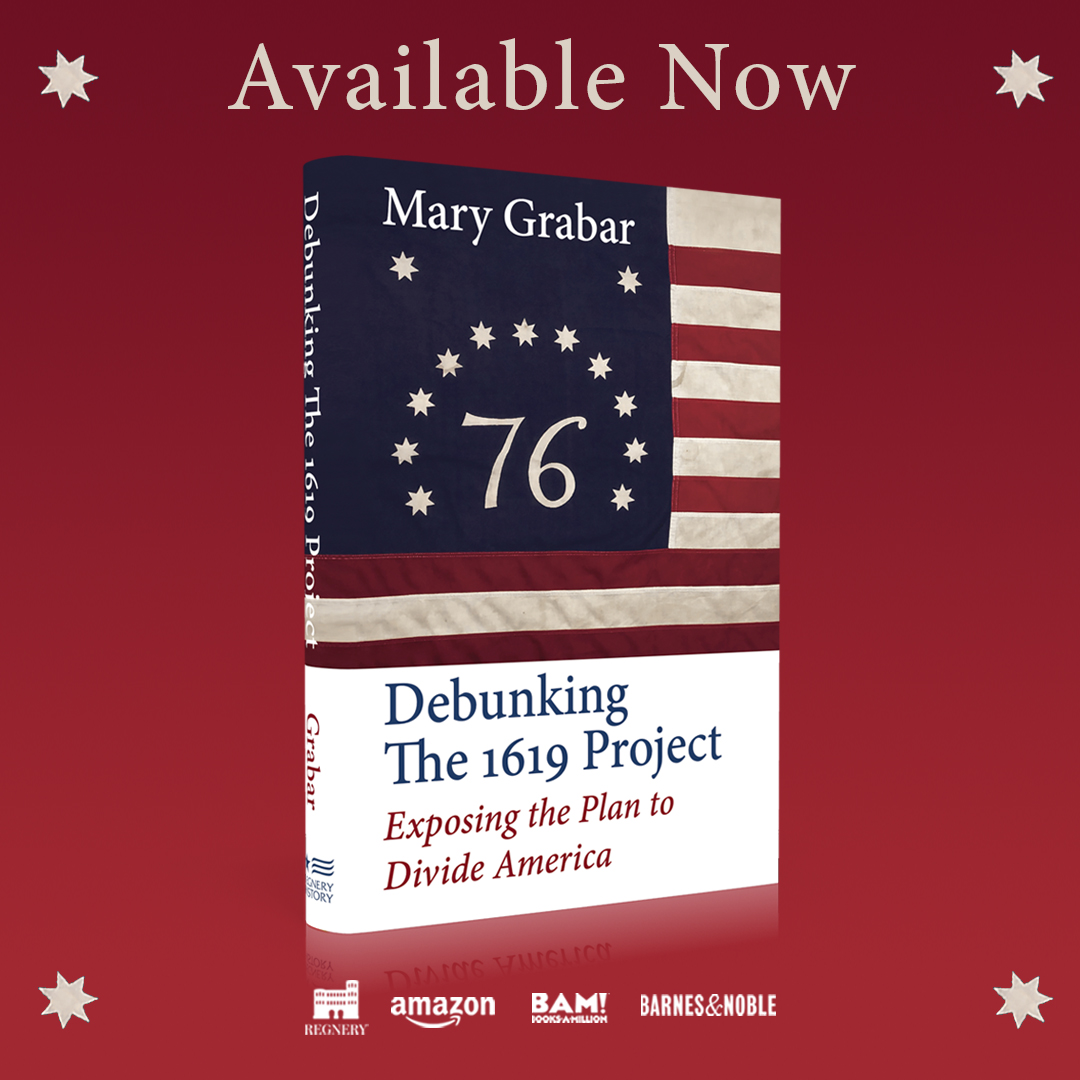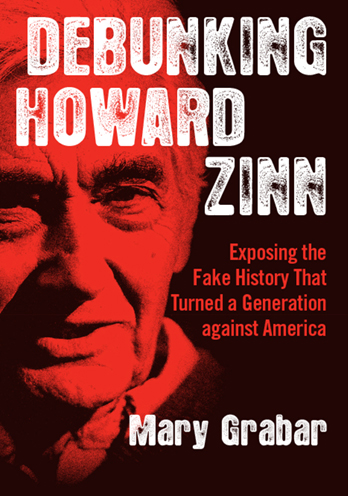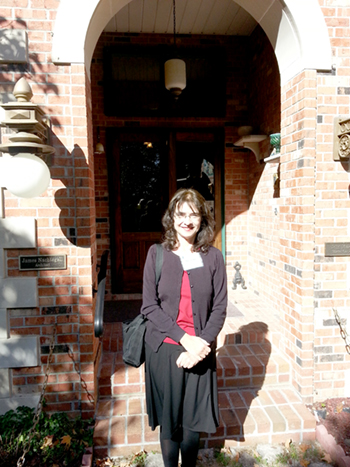On Thomas Jefferson's Birthday
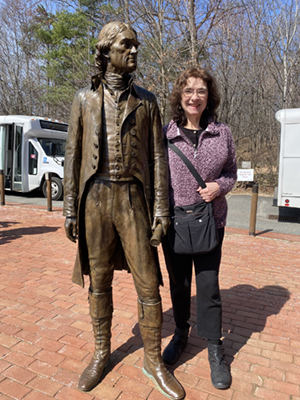 Posted on April 13, 2022, by Mary Grabar Today is the birthday of Thomas Jefferson, which we should all celebrate. And we should return his statues to their places of honor, as I argue in Real Clear Public Affairs.
Posted on April 13, 2022, by Mary Grabar Today is the birthday of Thomas Jefferson, which we should all celebrate. And we should return his statues to their places of honor, as I argue in Real Clear Public Affairs.
"Return Thomas Jefferson Statues to Their Rightful Place"
More to come on the smears of Annette Gordon-Reed!
The author next to the "Apostle of Liberty" at Monticello, one of her travel stops last month.
Is the Law Dead?
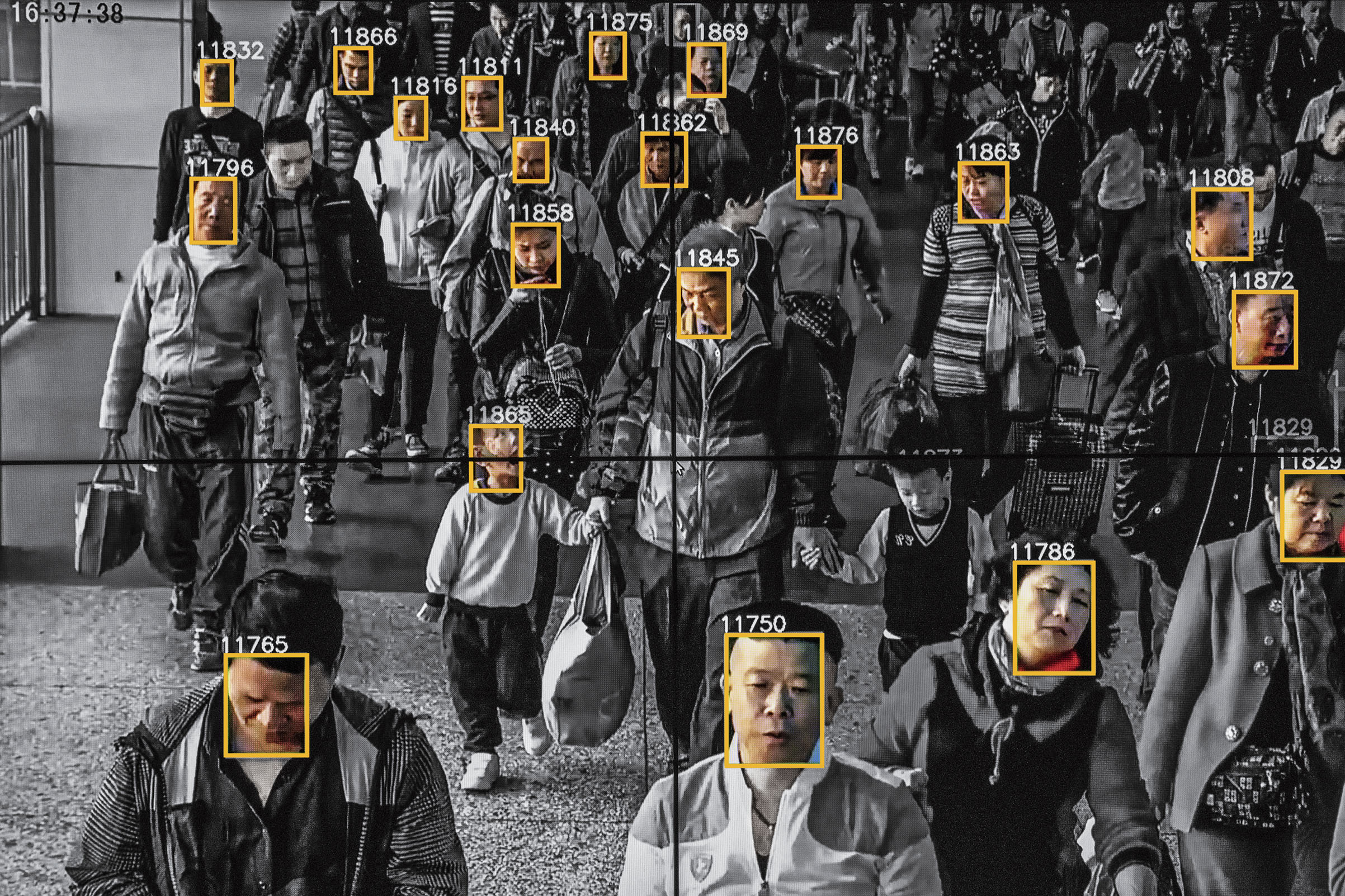 Is the Law Dead? Is the U.S. Constitution Working? Or Has It Been Surrendered? By Matthew Andersson (posted by Mary Grabar November 5, 2021):
Is the Law Dead? Is the U.S. Constitution Working? Or Has It Been Surrendered? By Matthew Andersson (posted by Mary Grabar November 5, 2021):
“He who possesses a right must, if need be, defend it, even to the utmost of his power. It is therefore in general a sign of weakness if one becomes so impartial that one is not only incapable, but will not even expose oneself to danger in defending one’s own right.” Thucydides
IN 1970, FORMER STATE DEPARTMENT OFFICIAL AND PREVIOUS DEAN OF YALE LAW, EUGENE ROSTOW, ORGANIZED A CONFERENCE FOR THE ASSOCIATION OF THE BAR OF NEW YORK CITY and the papers presented there, he edited into a book titled, “Is Law Dead?” The issues that preoccupied the conference were the Vietnam War and civil rights. The concepts of conscientious objection or civil disobedience were assumed to operate, potentially, within a still reliable, intact democratic architecture of government and law. Our social and economic waters may have been rough, but the ship of state was sturdy, upright, and ultimately reliable. If law was “dead,” then, it wasn’t due to our institutions, but to insufficient social will, or public passivity toward its own rights. Fast forward to 2021, and things are very different: our institutions themselves, such as police protection, the comprehensive rights spelled out in the Constitution, or state sovereignty itself, are under assault by a radicalized Left that is operating in our government. But more, the public is being “force-fed” with trade-offs such as mandated vaccination that purportedly presents safety, but asks us to give up constitutional rights in privacy, religious freedoms, association, education, and access to even basic public functions such as travel.
Asserting Our American Christian and Classical Heritage
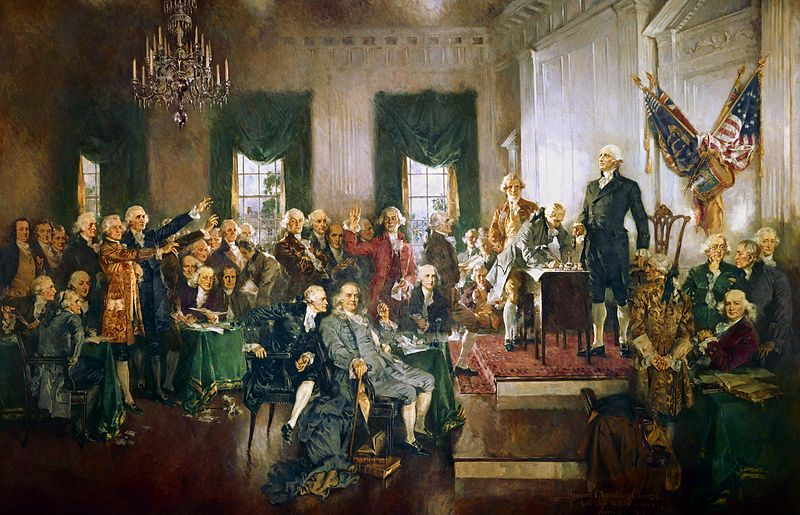 Asserting Our American Christian and Classical Heritage, A Summer of Reading on the Constitution, by Matthew G. Andersson, August 20, 2021 (posted by Mary Grabar)
Asserting Our American Christian and Classical Heritage, A Summer of Reading on the Constitution, by Matthew G. Andersson, August 20, 2021 (posted by Mary Grabar)
“Order in the new republic was impossible without law, but law impossible without morality, and morality was impossible without religion. For early American jurists and scholars, in an attitude quite foreign to us now, the common law was of “obligation indispensable” and of “origin divine.” Indeed, to one United States Supreme Court Associate Justice, Joseph Story, it was the duty of the American government to promote the Christian religion, to aid in the salvation of American citizens.” Stephen Presser, Raoul Berger Professor of Legal History Emeritus, Northwestern University School of Law
“It is impossible for those who believe in the truth of Christianity as a Divine revelation, to doubt that it is the especial duty of government to foster and encourage it among all the citizens and subjects.” Joseph Story, Associate Justice, U.S. Supreme Court, Dane Professor of Law, Harvard Law School, A Familiar Exposition of the Constitution of the United States 260 (1840)
Read more: Asserting Our American Christian and Classical Heritage
In Defense of American Democracy
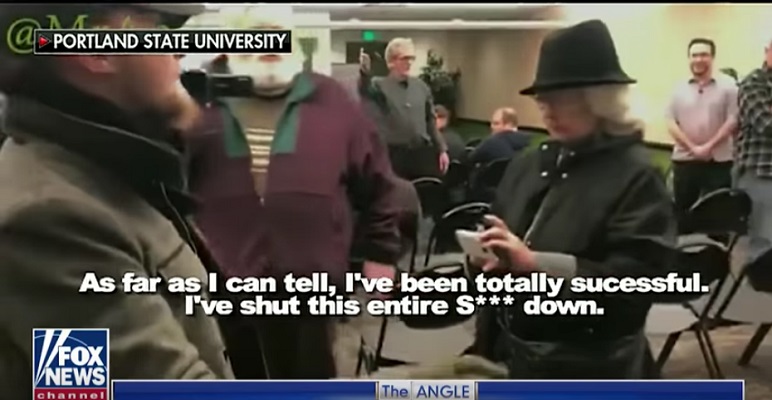 In Defense of American Democracy: Andy Ngo's New Book, Cowbells at Portland State, and Scaring Powell's Bookstore by Brandon Smith, guest contributor, June 15, 2021 (posted by Mary Grabar)
In Defense of American Democracy: Andy Ngo's New Book, Cowbells at Portland State, and Scaring Powell's Bookstore by Brandon Smith, guest contributor, June 15, 2021 (posted by Mary Grabar)
Nineteenth-century political scientist Alexis de Tocqueville declared a free press to be the most indispensable element of a functioning liberal democracy. Without the ability for journalists' thoughts and writings to be freely circulated, individuals in democratic nations may be isolated in their opinions. Yet combinations of private American citizens have attempted to stifle the dissemination of information compiled by certain journalists in order to achieve antidemocratic aims.
In between my separate stints of studying political science in community college and university, I developed a desire to gain a greater understanding of my own country's political system. I already learned to have a healthy fear of tyrannical majorities that tend to arise from pure democracies after studying James Madison's Federalist No. 10, but sought to differentiate such potentially repressive democracy from the character of American democracy as I conceptualized it. In examining Tocqueville's influential work Democracy in America, I realized America's early European settlers idealized political equality as many Americans do in the current age. However, it would take the recognition of certain liberties of its citizens for America to establish a system of political equality lest the freedom of minorities be trammeled by an overzealous majority. Tocqueville stressed the usefulness of a free press to act as a defense of oppressed members of a community through their ability to appeal to a national, or perhaps global, audience.
What Happens When Law Schools Embrace Critical Race Theory?
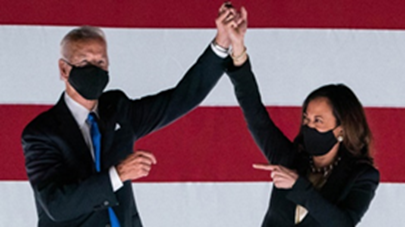 What Happens When Law Schools Embrace Critical Race Theory? by Matthew Andersson, guest columnist (posted by Mary Grabar, June 9, 2021)
What Happens When Law Schools Embrace Critical Race Theory? by Matthew Andersson, guest columnist (posted by Mary Grabar, June 9, 2021)
“The Equal Protection Clause affirmed that the Constitution protected the situations of individuals, not groups. It is [otherwise] not a matter of unconstitutional subordination of one group to another, but of offensive segmentation by race. A whole elite cadre depends on racial division for its constituency and its position. Justices Powell and Marshall agreed that a single, unsegmented nation, where race did not matter, was the goal. But if we continue to divide ourselves by race, to make race dispositive in all sorts of contexts, with the ugly necessity of formally assigning individuals to particular racial groups, then the time will soon come when this new racial segmentation will become permanent, that the ideal of each person’s being judged as an individual and not as a member of a group to which he is assigned by somebody’s “public policy” will no longer be possible. Fifty years is long enough to make dividing us up by race a habit, to create a practically and politically unshakable sense of entitlement in those who think they benefit from such schemes, and in the racial entrepreneurs who know they do. It may be that the only way to get beyond racism is to just stop using race in a [reasonably short period]. Only with such a determinative end point will institutions have the incentive to confront the political pressure arrayed against a truly unitary concept of citizenship.” Charles Fried, Harvard Law Beneficial Professor, former Associate Justice Supreme Judicial Court Massachusetts and Solicitor General of the United States, in Saying What the Law Is: The Constitution in the Supreme Court (2006) 239-240
Read more: What Happens When Law Schools Embrace Critical Race Theory?
- Why Are Universities Pushing Covid Vaccination?
- The "Chicago School": What It Really Is and Why It Matters
- Samizdat, Beautiful Italy, January 10, 2021
- A New Direction or the Status Quo for University Leadership: The Case of the University of Chicago
- Speaking in Athens, GA
- Debunking Howard Zinn Portland to Atlanta Speaking Tour
- National Vietnam War Veterans Day 2020
- On Grading Zinn-ers' Papers
- Grievance Studies Exposed at Portland State
- Covid-19 on Campus: Turning the University of Chicago into a Re-Education Camp
- University Greek Life: A "Super-Spreader" of Independence?
- White House Conference on American History
- Save the Children from Howard Zinn, Speaking in Portland
- A College Student's Take on Howard Zinn's America-Is-Evil
- Reparations, a History Lesson
- Zinn Watch, Episode 1
- News from AHI
- Oh, the "Humanity"!
- History Writing News at Concord Review
- Why College Students Can't Write
Page 2 of 8
Search
Donate
Make your tax-deductible contribution to Dissident Prof
Prefer to send a check?
Click Here

